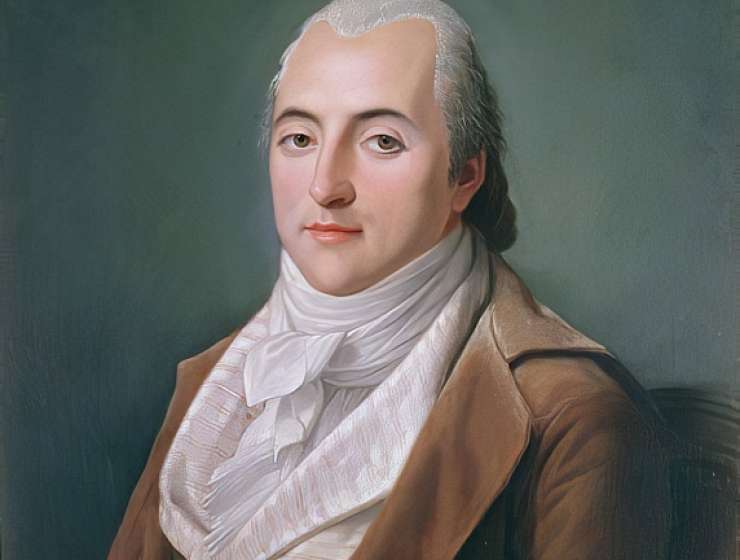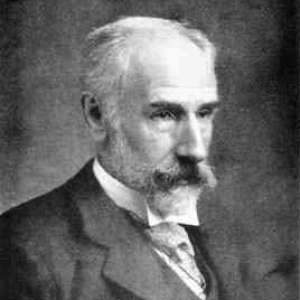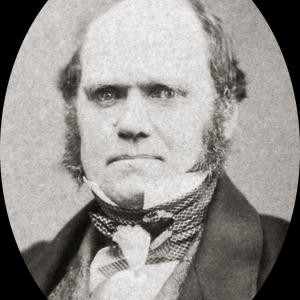
This paper puts forward some reflections on the fundamental issues of Saint-Simon’s vision of future society and on the event of Crédit Mobilier, a case of actual application of the theory, judged by Marx as a new industrial feudalism; this in order to try to answer the question on how Saint-Simonism and socialism relate.
The dialectical scheme of history and the rejection of free competitive market as the only institution to coordinate the economic agents can explain the admiration of Engels and the respect of Marx. On the other hand, Saint-Simon never claims for the real emancipation of the working class: in his theory economic and political hierarchy would be dominated by the top management, as a big private enterprise. His utopian society, which would become the real society about one hundred years later, is managerial capitalism.










































